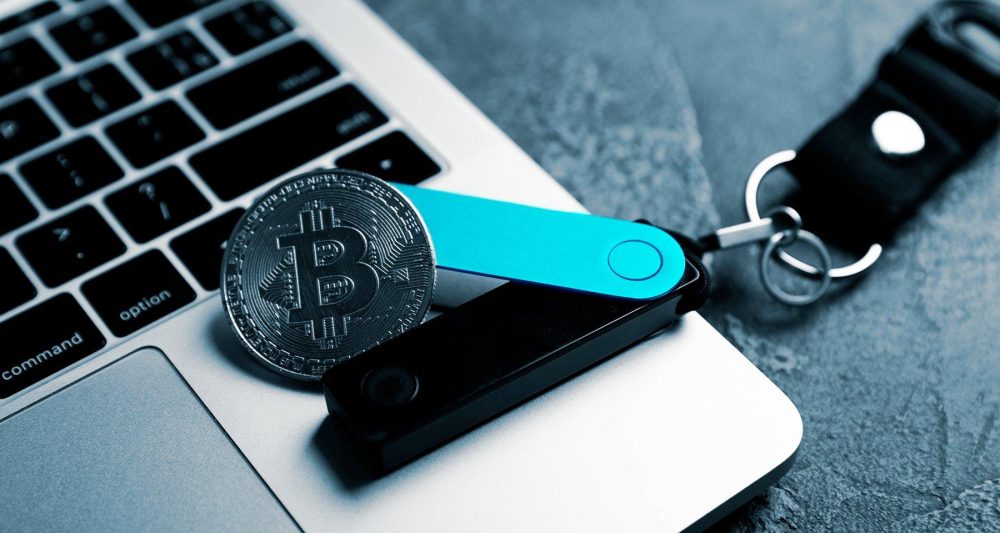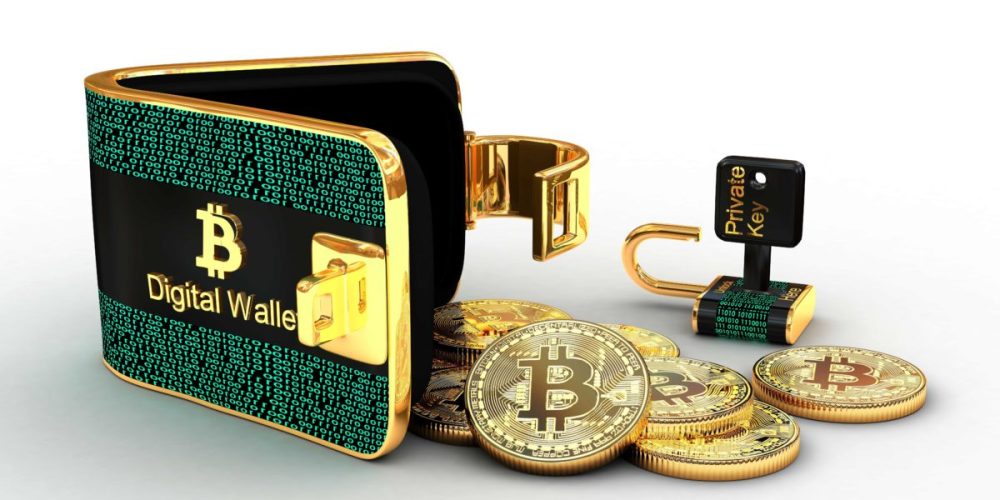Digital assets are an interesting thing, but if left unattended, you can end up with nothing. Imagine: you bought BTC, stored it anywhere, forgot the password, and after five years, you find out that you have a fortune there… but you no longer have access! To prevent this from happening, it is important to immediately choose the best wallets for storing Bitcoin and not trust your cryptocurrency to the first service you come across.
In 2025, there are plenty of options: from hardware devices that can fit in your pocket to mobile apps with quick access. Let’s explore which solutions are more reliable, more convenient, and which one suits you best.

What types of storage are there for digital deposits?
Just like with regular money, there are options here: you can carry it in your pocket, keep it in a safe, or leave it in a bank (without any insurance). Each method has its pros and cons:
- Hardware wallets — like a safe for cash, but digital. They are not connected to the internet, making them harder to hack;
- Mobile wallets — suitable for those who are always with their smartphones. Convenient for quick operations but require additional protection.
- Desktop wallets — installed on a computer, providing more control, but it’s important to remember the device’s security.
- Online wallets — the most accessible but also the riskiest. If the service is hacked, the chances of recovering your assets are about as likely as finding a needle in a haystack.
Hardware wallets: high reliability
If your goal is to store deposits so that even hackers with the most sophisticated algorithms cannot steal them, autonomous devices are the best option. They work without constant internet connection, making them immune to attacks.
SafePal — one of the most convenient wallets, supporting various cryptocurrencies and looking like a stylish gadget. The main advantage is the ability to confirm transactions through a physical button, adding an extra layer of security.
Ledger Nano X — a proven model with Bluetooth support. Compatible with various services and offers reliable protection against hacks.
Trezor Model T — considered one of the best hardware wallets for storing Bitcoin. Touchscreen, advanced security features, and support for multiple digital assets make it one of the top solutions.
These devices are suitable for those who hold cryptocurrency for the long term and do not intend to perform transactions constantly.
Mobile wallets: fast, convenient, but requires caution
If you frequently conduct transactions and do not want to carry extra devices with you, you can use mobile apps. The key is not to forget about security: strong password, two-factor authentication, and minimal trust in unknown websites.
ByBit Wallet — great for those using the ByBit platform. Quick access, high-level security, and integration with the exchange make it convenient for storage and trading.
OKX — combines a simple interface and wide functionality. Supports multiple deposits and offers flexible security settings.
Cropty — an excellent choice for those who not only want to store but also earn interest on cryptocurrency. Suitable for beginners due to its intuitive interface.
Mobile wallets rightfully belong to the best wallets for storing Bitcoin. They are convenient, but their reliability depends directly on the device’s security level. If your phone is stolen or hacked, you can say goodbye to your funds, so it’s important to follow security rules.
Desktop and online wallets: balancing convenience and risks
If you prefer working with digital assets through a computer, it’s better to look at solutions that are installed on a PC or work in the cloud.
Matbea — one of the oldest services that has proven to be a reliable solution for storing digital assets. Simple interface, high security, and support for multiple currencies.
Electrum — a time-tested solution for those who want full control over their funds. It features a minimalist interface and high speed.
Blockchain.com Wallet — an online service with a user-friendly interface and deposit insurance. However, like any cloud service, it requires trust in the provider.
Desktop and online wallets are among the best for Bitcoin and are suitable for those who want quick access to their funds.
How to choose the best option in 2025?
Before deciding where to store your assets, consider a few points:
- Cryptocurrency holding period — if you plan for the long term, it’s better to choose hardware wallets. If you need fast transactions, a mobile app will be suitable;
- Security — the higher the level of protection, the more difficult it is to use the storage. Autonomous devices are reliable but less convenient for everyday use;
- Accessibility and simplicity — beginners should focus on solutions with a user-friendly interface;
- Supported assets — not all services work with the same tokens, so it’s important to ensure that the chosen option supports the necessary features.
A thoughtful approach to choosing a storage solution will help avoid unpleasant surprises and keep your capital safe.

Best wallets for storing Bitcoin: which one is right for you?
In 2025, the range of digital investment solutions has become even wider. Among the best wallets for storing Bitcoin, SafePal, Ledger Nano X, and Trezor Model T stand out — they are suitable for those who prioritize maximum protection. If mobility is important, consider ByBit Wallet, OKX, and Cropty. For those seeking a balance between convenience and control, Matbea and Electrum are suitable.
No matter which method you choose, the main thing is to follow basic security rules. Strong passwords, two-factor authentication, and backups will help avoid unexpected losses. If you store large amounts of cryptocurrency, it’s better not to rely on a single option but to use multiple wallets for different purposes.
 en
en  ru
ru  de
de  ar
ar  es
es  hi
hi  fr
fr  nl
nl  it
it  pt
pt  el
el 









